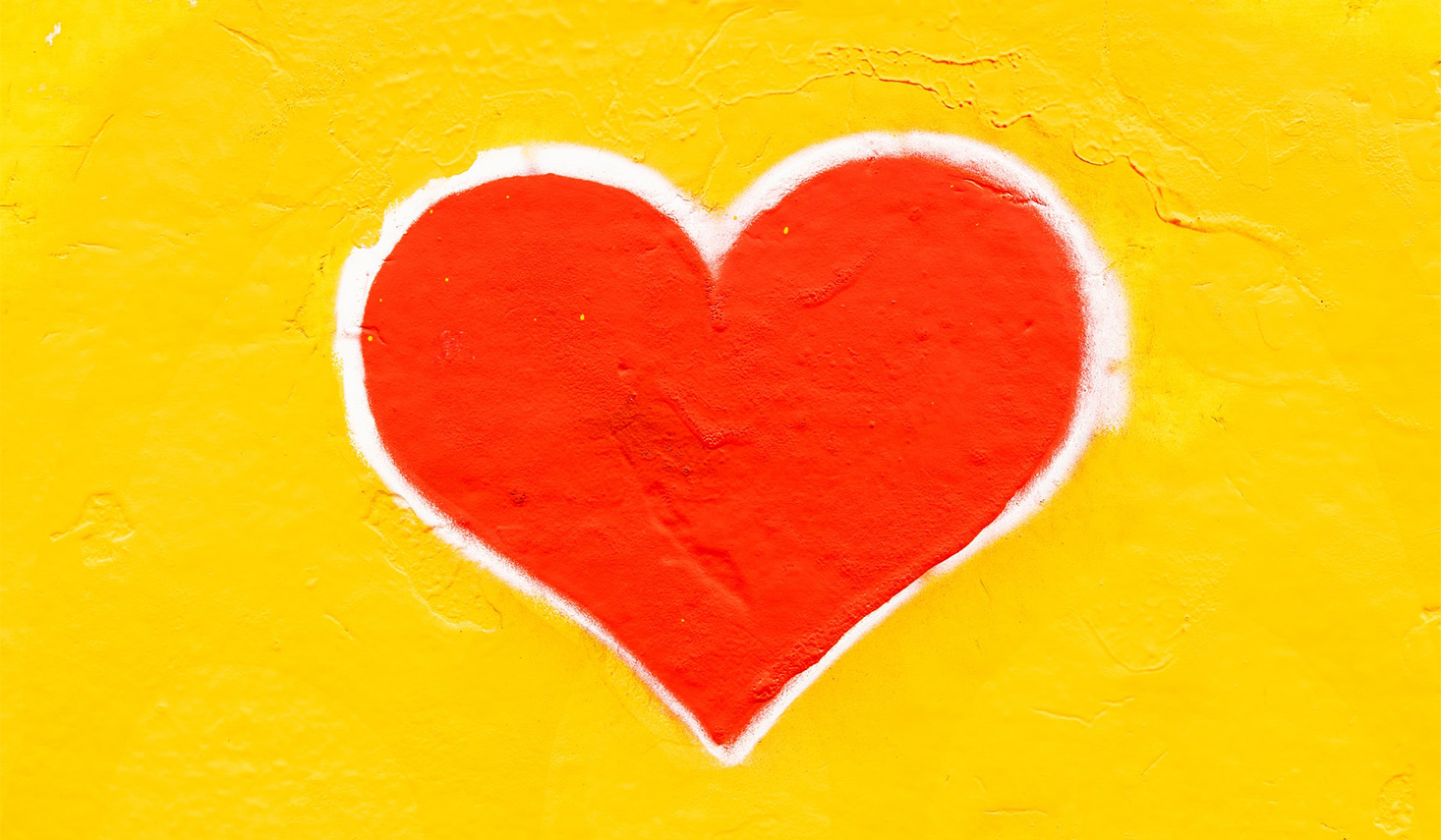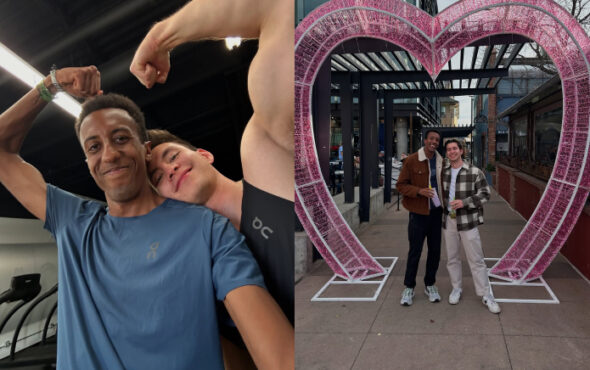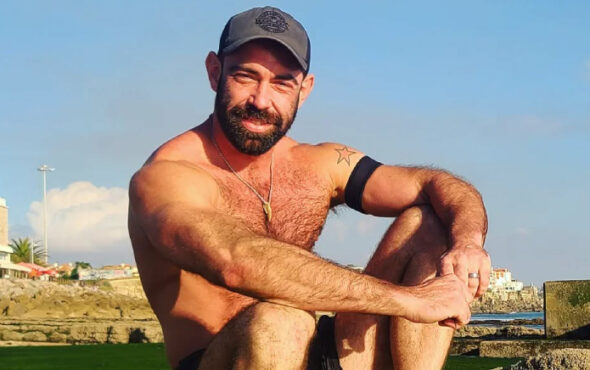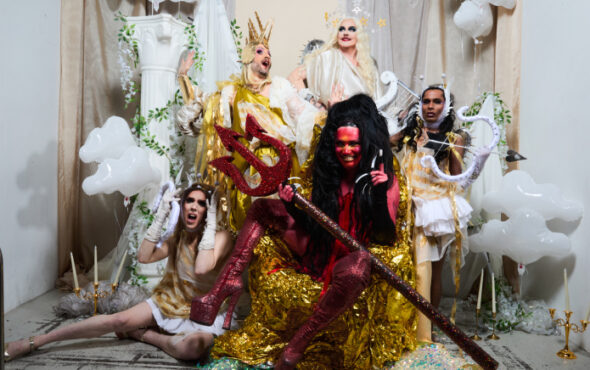
As we come to the end of a year we will never forget, I want to mark the close of 2020 with a message of hope. It’s a thought I want you to take with you into a year that offers even more uncertainty than the one we have just navigated. 2021.
Kindness is a thought that has been embedded in us from the beginning of this global catastrophe. A process of looking out for each other. A feeling of helping those in need, and being there for those who are struggling. Something that collectively, our nation practiced with gumption, even if it seemed flacid and performative at times. From banging bolognese-stained wooden spoons against saucepans, to allowing our key workers time off and space from working through arguably the hardest period of our time, we exerted kindness in our spaces tenfold.
But what I want us to do now, is to remember that kindness can not be conditional. The ways in which we choose to be kind, or choose to show empathy to others needs to not come from a perspective of heroism, but from a deep-rooted awareness that our Government is failing so many marginalised bodies. It needs to come from a yearning for LGBTQ+ people to be able to see the wood from the trees, and not just survive, but fly. Kindness towards other people doesn’t work if the motivation is self serving.
I remember at the precipice of 2020, I spoke on trans equality at TEDxLondon, discussing the events of 2019 as one of the most violent and prolific for our community. But 2020 has seen even more heartbreak and sorrow for our tiny population. Despite our fights, and our movements, and our outpouring of emotion, we have spent another year being shunned and pulled in every direction possible, by hands that know nothing of the hard work we endure.
From the GRA, to the most recent court case concerning the Tavistock Centre, transness has been front and centre. Public discourse around transness feels different now. In some ways, the discussion and violent debate feels more validated by wider society. Just over a year since the LGB Alliance was formed, our depictions of their inadequacy and vitriol fall on deaf ears, as the ears and minds of those within our biggest institutions start listening to what they have to say with vigour.
I remember sitting down with a friend during the creation of the Trans Love photo series for GAY TIMES that we produced during lockdown, just in silence. A sigh was all we could muster. We were both tired. We were both exhausted from the ways in which our identities have been sidelined for a narrative of terror and moral panic, and despite positive representation and stories being shared from within our community, we just couldn’t comprehend the world anymore.
Kindness towards other people doesn’t work if the motivation is self serving.
Black Lives Matter has had arguably the biggest year of any social movement in our generation, with action, discussion, progress and pain shared across the world. New York City staged a rally during the summer for our Black and Brown trans siblings, and its importance and history is still seared in our memories as a moment we will never forget. The Human Rights Campaign have named 2020 as the most deadliest year for trans murder since they began recording the data in 2013. The majority of those lost this year were Black and Latinx transgender women, noting that this epidemic on its own is not something that is showing signs of slowing down.
We talk about ‘urgency’ in our work a lot as trans people, and often this is ignored. It is seen as over reactive, or hyperbolic, but if this year is anything to go by, the urgency has never been more magnified. Allyship from within our own community is something that still, white folks need to continue to work on. Our fragility can no longer be a barrier to these conversations, and no matter where we all are on that journey, it’s important we begin it.
Socially, we as a cohort are speaking about transness in a more nuanced and aware manner. The intersection of transness and race, ability, mental health, religion are all becoming conversations that are blossoming, but often devoid of kindness or introspection.
Moving into 2021, let’s inject that kindness that we saw within the first few months of this monumental social shift, into everything that we say and do. We can only unpack the reasons why we are so specific with who we share our kindness with by unpacking our social bias, and realising that what we define as ‘moral’, should not determine whether or not we have empathy for it. As written by Henry James Garrett, in his debut book This Book Will Make You Kinder we all have something special to give.
“You have a superpower, and it’s called empathy.”
I hope we can find a glimmer of hope for next year. I know it’s going to be hard, and the mental exhaustion of this year for so many comes in many shapes and many forms. But remember that we made it through it all. A year that we will never forget, but a year that should act as a reminder for your future steps, and conversations, to ensure that you remember how important it is to be kind to one another.


